

‘When you’re from the west coast you’re very isolated, so can look at the east, and think “that would be pretty cool”,’ says Tessa Moon of her decision to move to Melbourne after graduating from PLC Perth in 2014. ‘I also wanted some independence as an 18-year-old and Melbourne is often voted one of the best cities for students to live.’
With the support of her parents, Tessa set off for the opposing coast to study biomedicine at the University of Melbourne. She had decided biomed was preferable over science, simply because it was more competitive to get in.
On reflection, perhaps this shouldn’t have been the primary driver behind her choice…
‘In hindsight, I don’t think you should let your marks dictate what you study – I fully believe that,’ says Tessa. ‘You’ve got to choose based on what your interests are.’
Despite going on to become a metadata analyst at a digital consulting firm, not a doctor, Tessa doesn’t regret her decision, mostly due to the fact that she proudly completed what she describes as a ‘very tough degree’, and had her mind opened to a new way of thinking in the process. And she largely puts that down to her decision to live in residence at Trinity College while completing her undergraduate studies.
‘I didn’t have any family or friends that went to college, but I thought [moving to Trinity] would be something that would help aid in my transition from Perth to uni life,’ she says. ‘I thought it would be a lot easier to get a sense of belonging and community at college than it would be if I just moved into an apartment and went to university.’
Community is what Tessa wanted, and community is what she got, with her fellow students at Trinity not only becoming friends, but also her motivation and inspiration during one of the most formative periods of her life.
‘At college you meet such like-minded people, who are so driven and switched on. I saw that they had so many interests and didn’t close off their paths for one particular career, which was new to me, as I always studied thinking I’d just be a doctor,’ Tessa remembers. ‘I realise how closed-minded that sounds now, but it didn’t seem like that at the time – I thought that was normal. [At college] I began questioning why I was closing myself off to other industries.’
Being surrounded by students pursuing many vocations and passions gave Tessa the confidence to put her medical career on hold and pursue a career as a data consultant. The idea of trying something different seemed even more feasible because of the ‘breadth’ subjects she’d taken under the University of Melbourne’s ‘Melbourne Curriculum’. This initiative allows students to take a range of subjects as part of their undergraduate degree, which aren’t necessarily related to their major.
‘The [breadth] subjects are an opportunity for you to try new things,’ explains Tessa, who studied Japanese and mental wellbeing while completing her biomedicine degree. ‘It let me try things that weren’t biomed related, but I had an interest in.’
Tessa’s interests extend beyond academia to music and sport, and by living at college, she was able to continue many of the extracurricular activities she loved at school.
‘I was arts captain in year 12, and was heavily involved with drama and the school plays and musicals,’ says Tessa, who also played the oboe and piano, and picked up voice training at school. That was in addition to tennis, netball, soccer, softball and community service, and Tessa wasn’t keen to drop the ball when she transitioned to university.
‘Everyone tells you that university will be the best time of your life and I was like, how am I going to optimise this time?’ Trinity College seemed like the ideal avenue to facilitate this, and once living on campus, Tessa threw herself into many sports (‘I think I did most of them,’ she quips) and musical pursuits, including the Candystripes female a cappella group, which she became president of in her third year. ‘I felt like such a nerd, but everyone really gets around you so it was fine,’ she laughs.
That feeling of support and the personal connections formed during her formative years at college were what really took the cake. ‘You’ll never lose touch with the groups of friends you have at college because you live together and spend the most precious years of your life together. You get to know each other on a different level to if you were just friends at university.’
And as for a career? There’s always time to learn and explore. In Tessa’s case, she plans to circle back to the medical degree she initially set out to do – but with a broader mind and in the knowledge that she doesn’t need to have a linear career. ‘I realised there was more than just one pathway in my life and that I could try other things. And that’s a realisation I got from finding my community at college.’
Click here to learn more about living at Trinity and how to apply >>
Related News

50 years on: Trinity to host symposium examining Malcolm Fraser's legacy

Trinity College unveils significant addition to ER White Collection

Meet your TCAC student committee for 2026

Introducing the ninth Warden of Trinity College

Our Way: Celebrating Indigenous Art
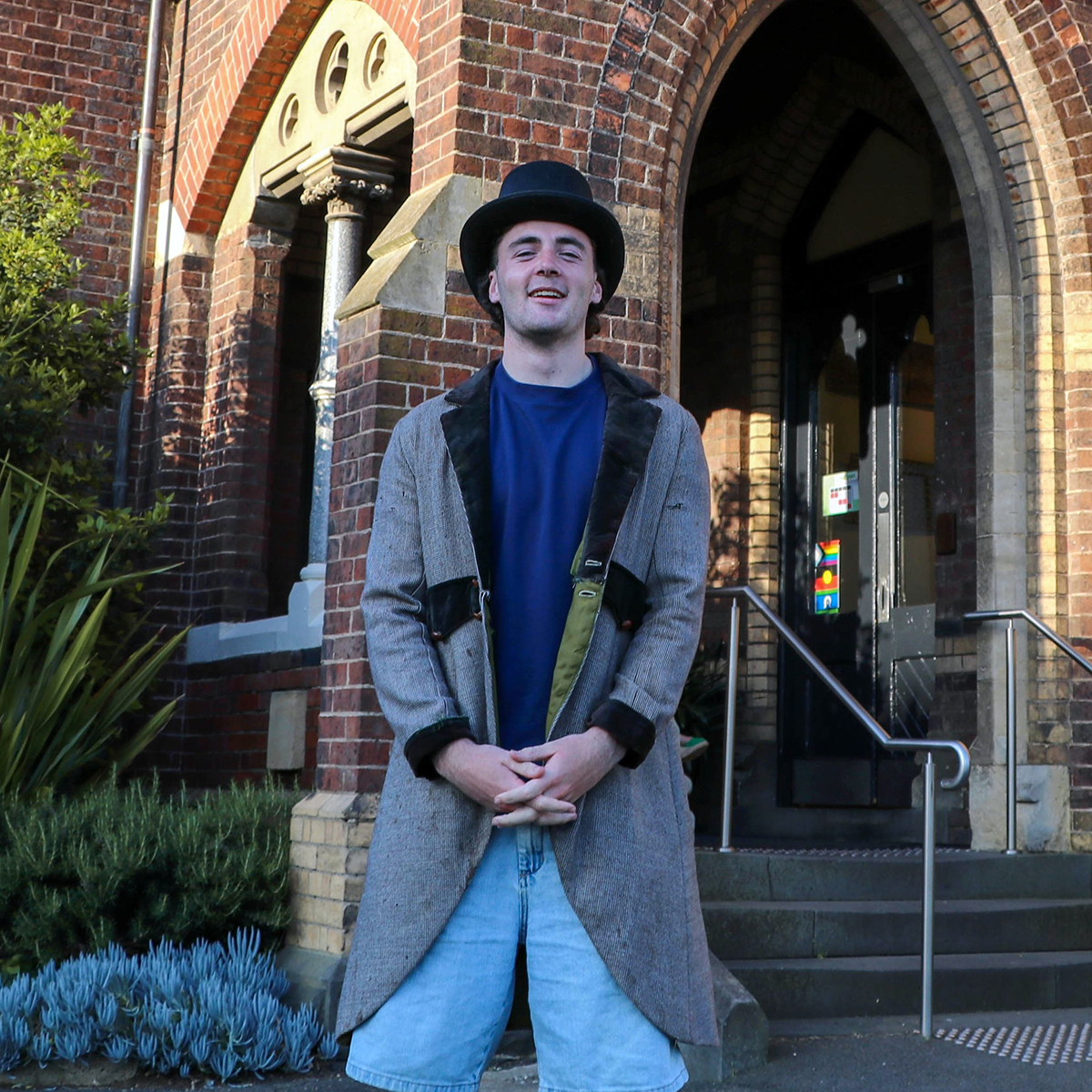
The Badimaya man from Ballarat on ‘unlocking students potential’ as Trinity Senior Student

A new world of wine

Jack reaps the rewards after taking a leap of faith on Trinity College

Marketing to the next generation: considerations in a rapidly changing world

First year resident Harvey says ‘there’s always someone to chat with’ at Trinity College
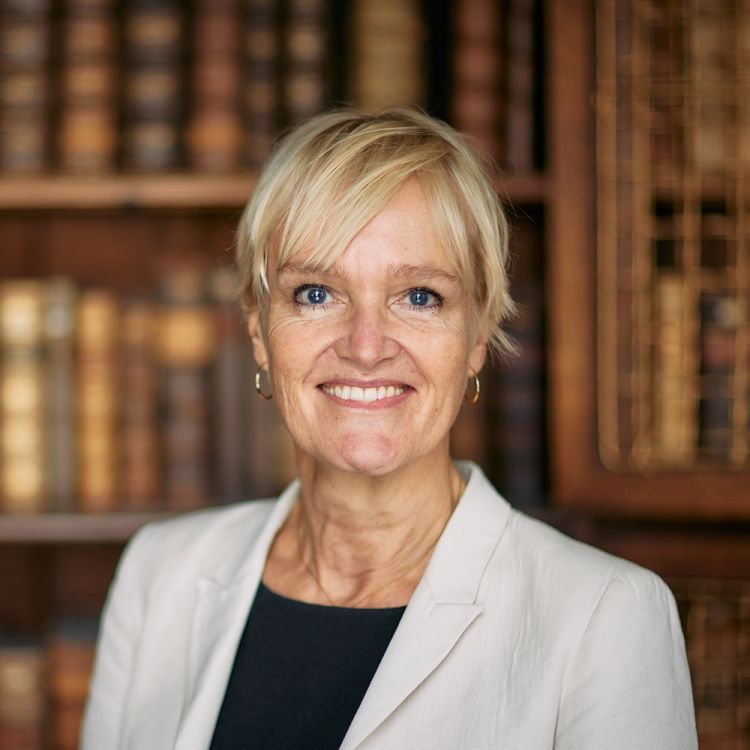
Making greener, ethical choices for better business

A message from Professor Ken Hinchcliff

Gyan Angon on his move to the big smoke

Eight ways to be a more sustainable Trinity student

Kicking for home: Trinity alum Vicky Tan on balancing research at Oxford with captaining its Aussie rules team
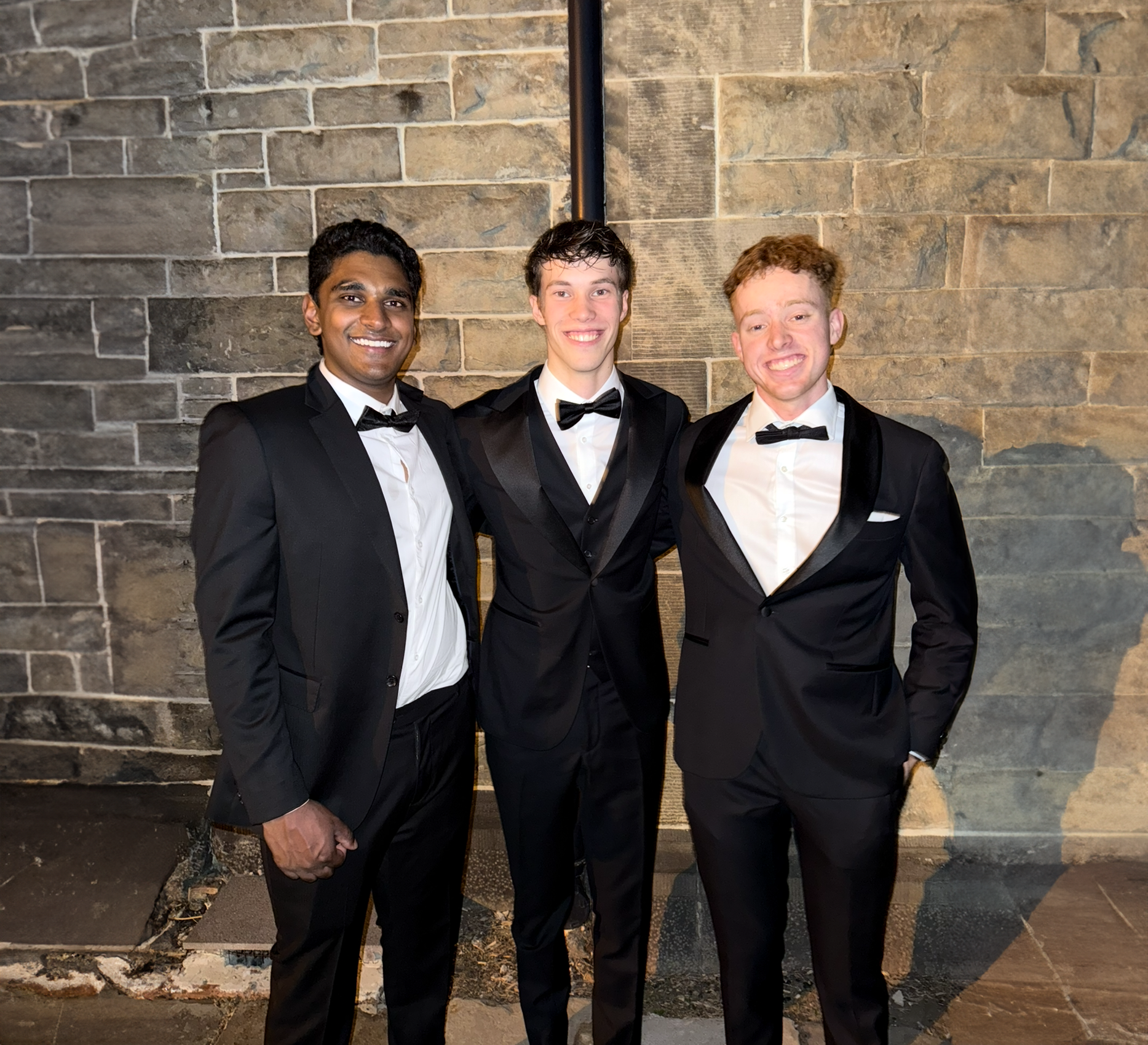
Jack's journey from Mareeba to Melbourne
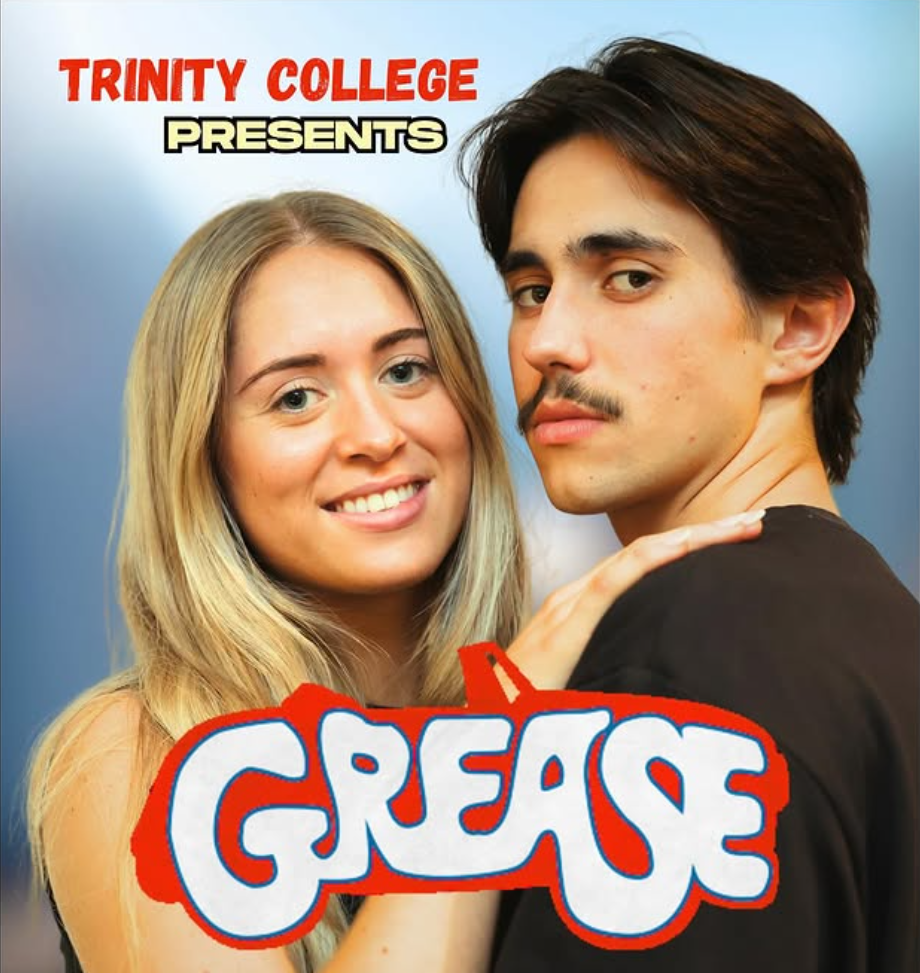
We talk to the people behind Trinity's Grease the musical

Spontaneous friendships and helpful tutorials have ensured a memorable start to College life for Hugh
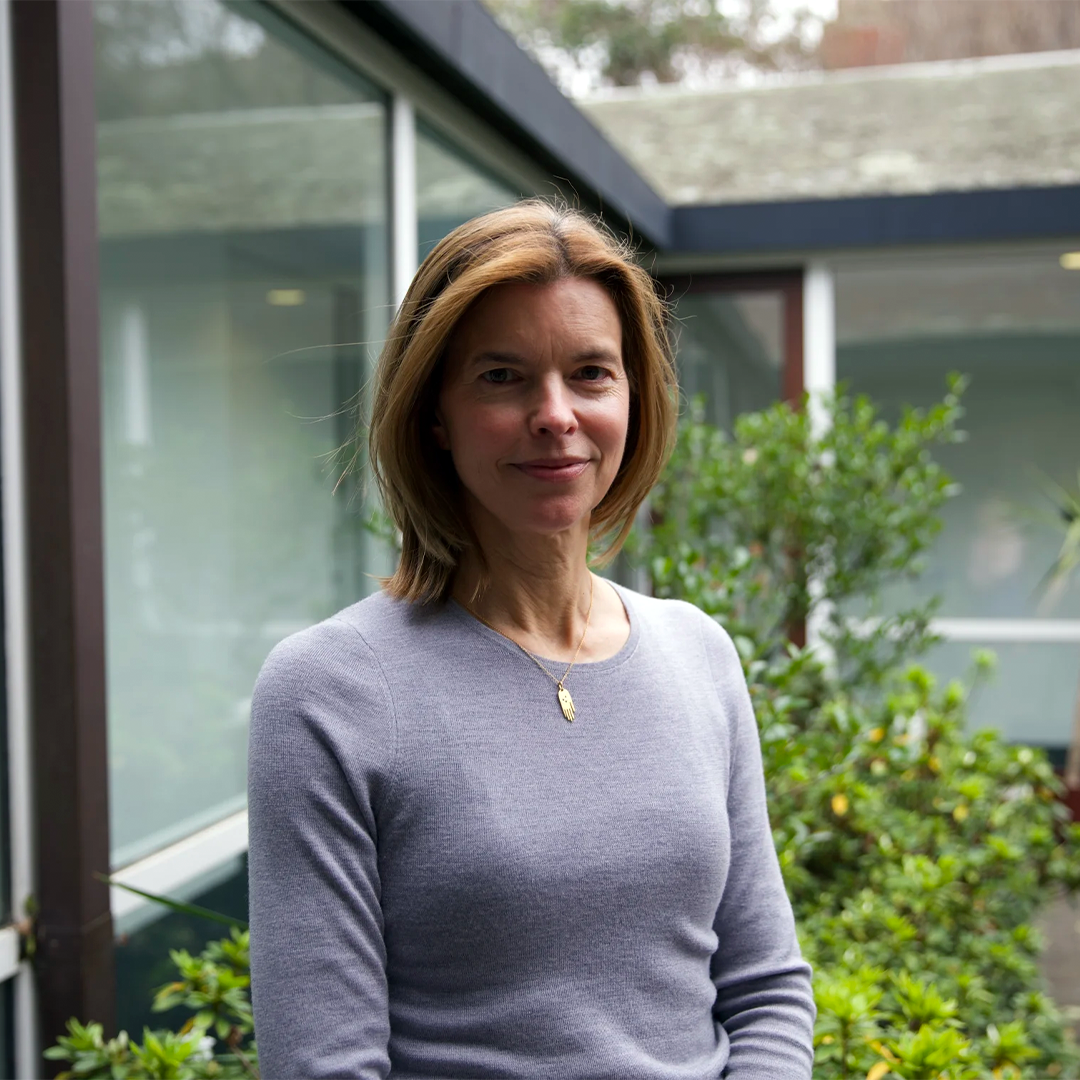
Kirsten Gray appointed Chair of the Trinity College Board
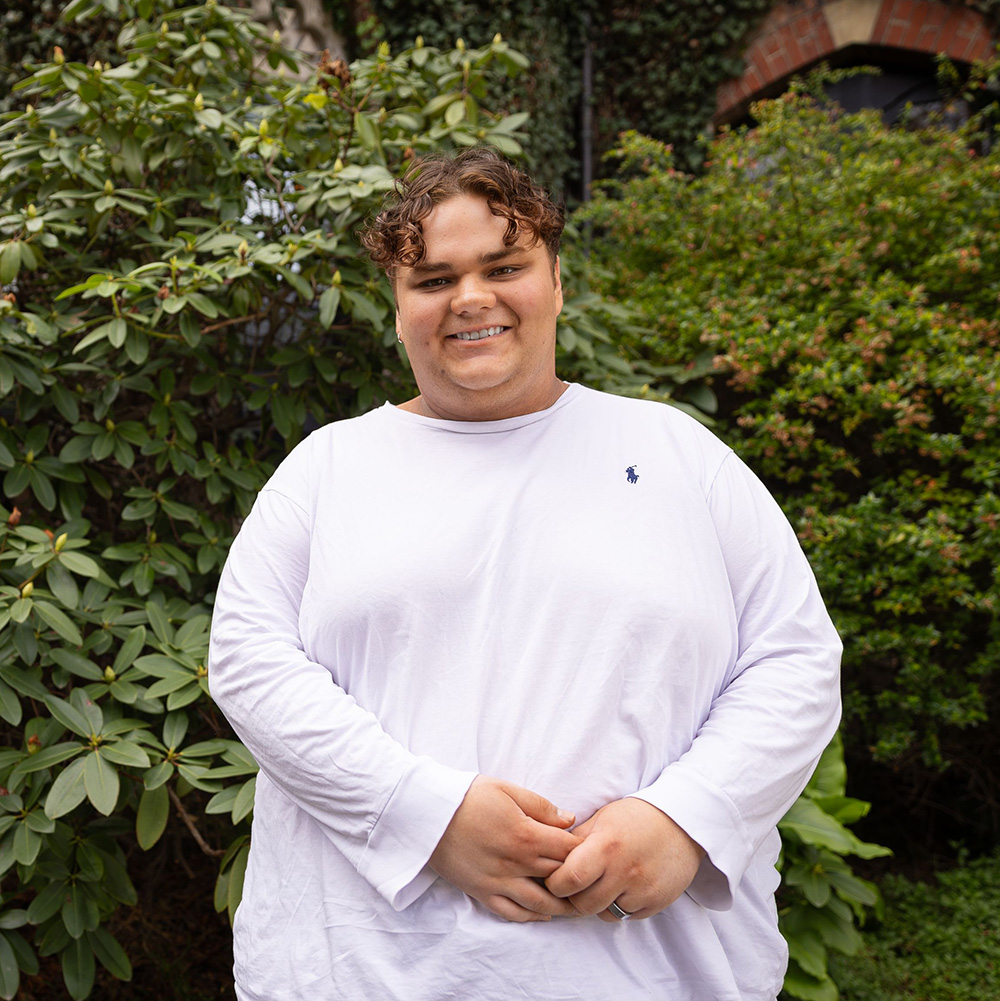
Bridging the gap: an equitable future for First Nations people
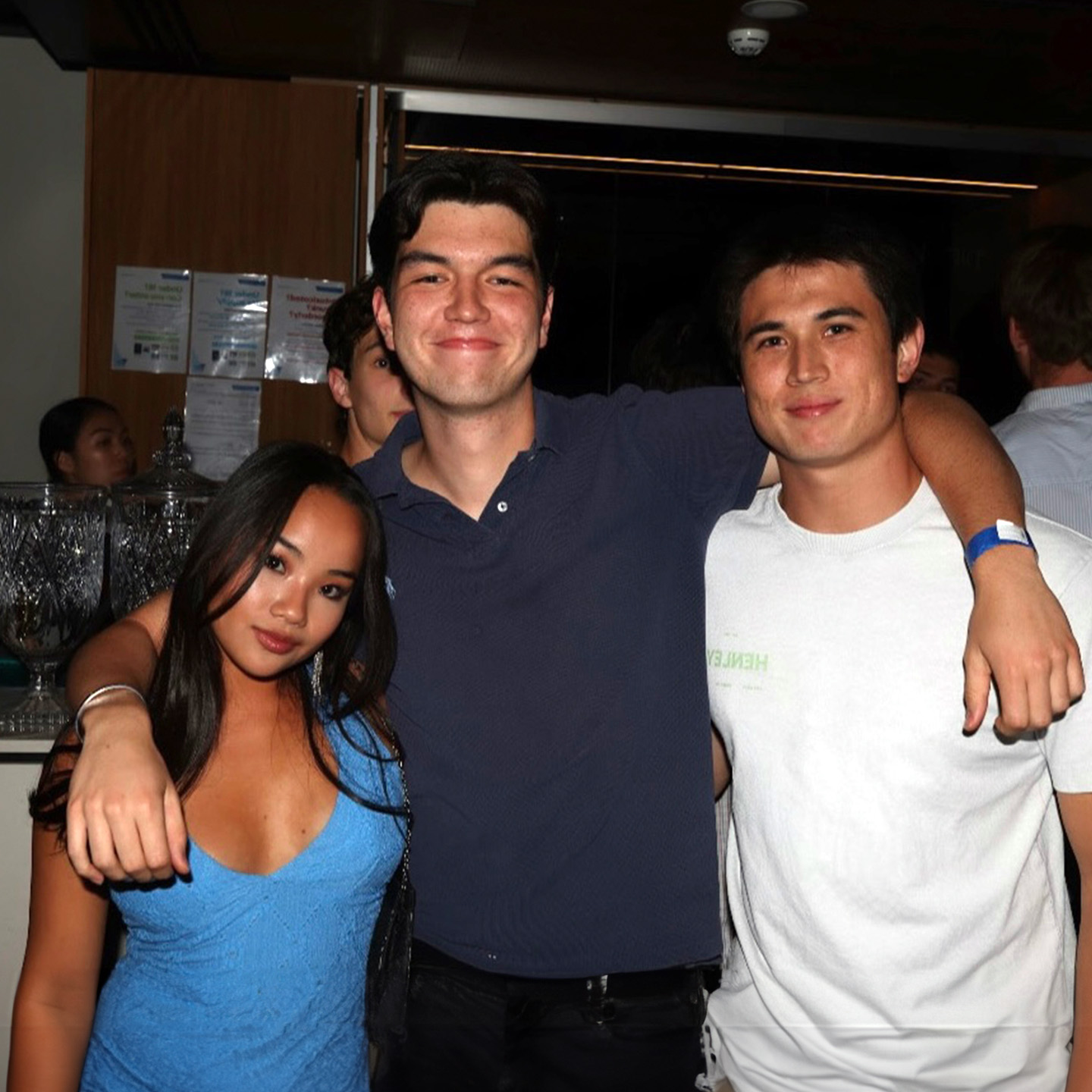
For Cheryl, heart to hearts and plenty of laughs are defining her Trinity experience
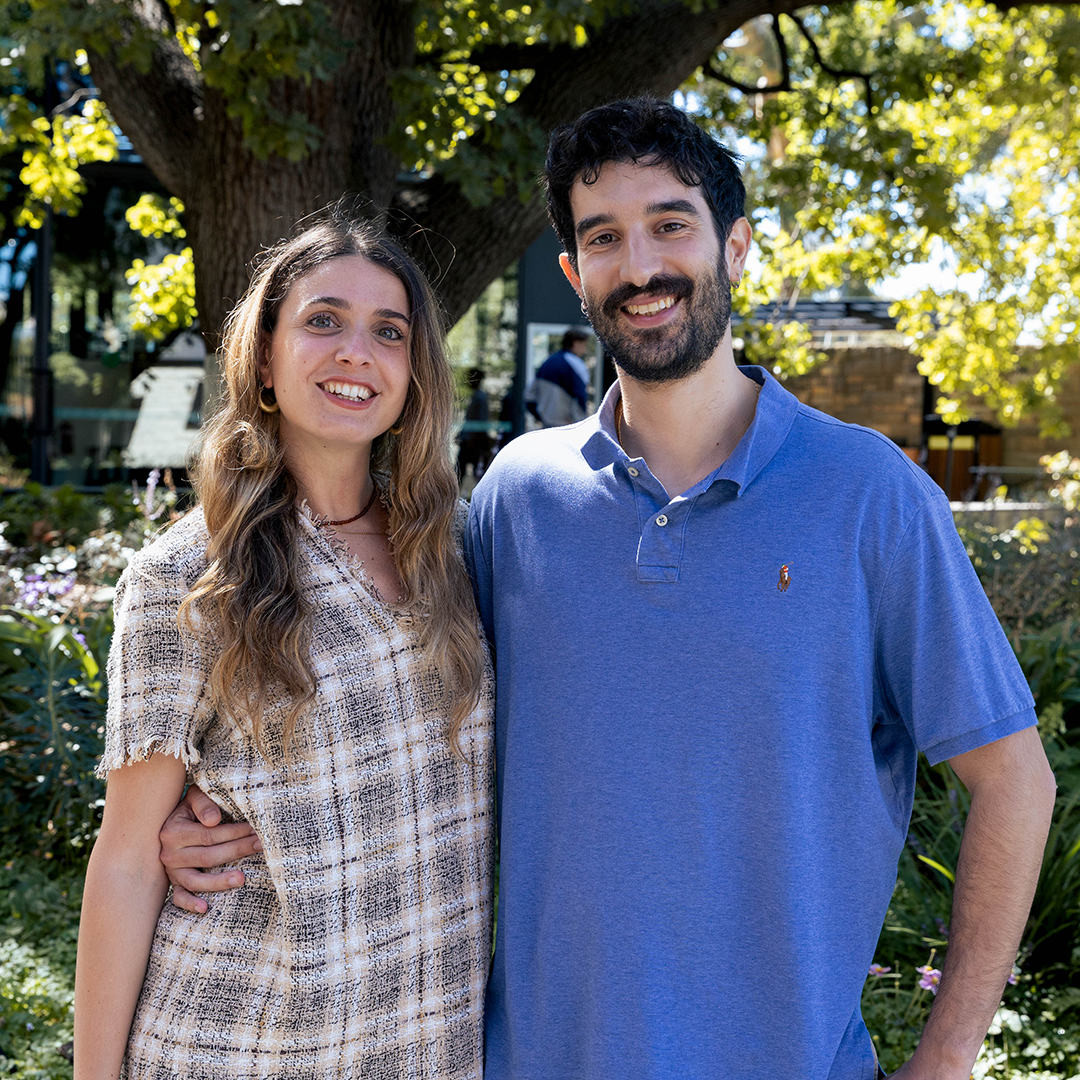
Visiting scholar Pietro Lorenzetti on Trinity hospitality and renewable engineering challenges
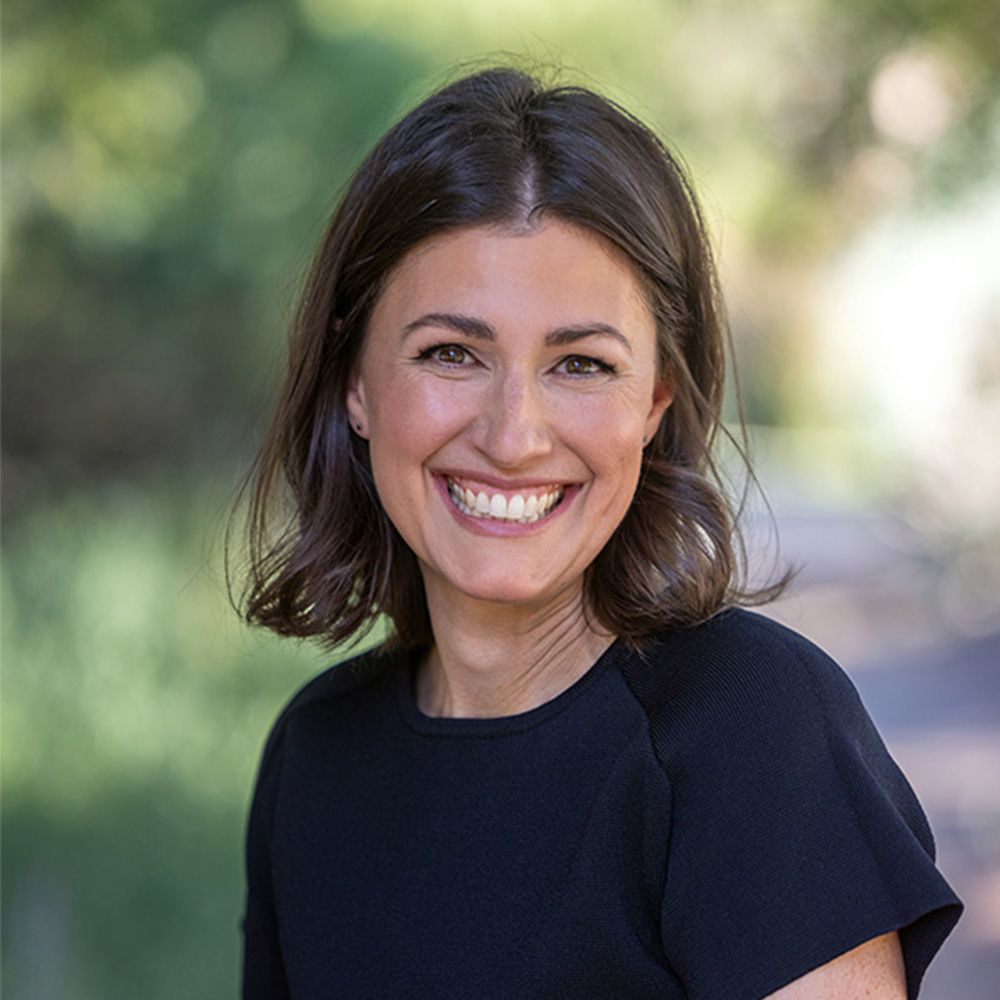
Meet the Trinity alum who's striving for an inclusive parliament
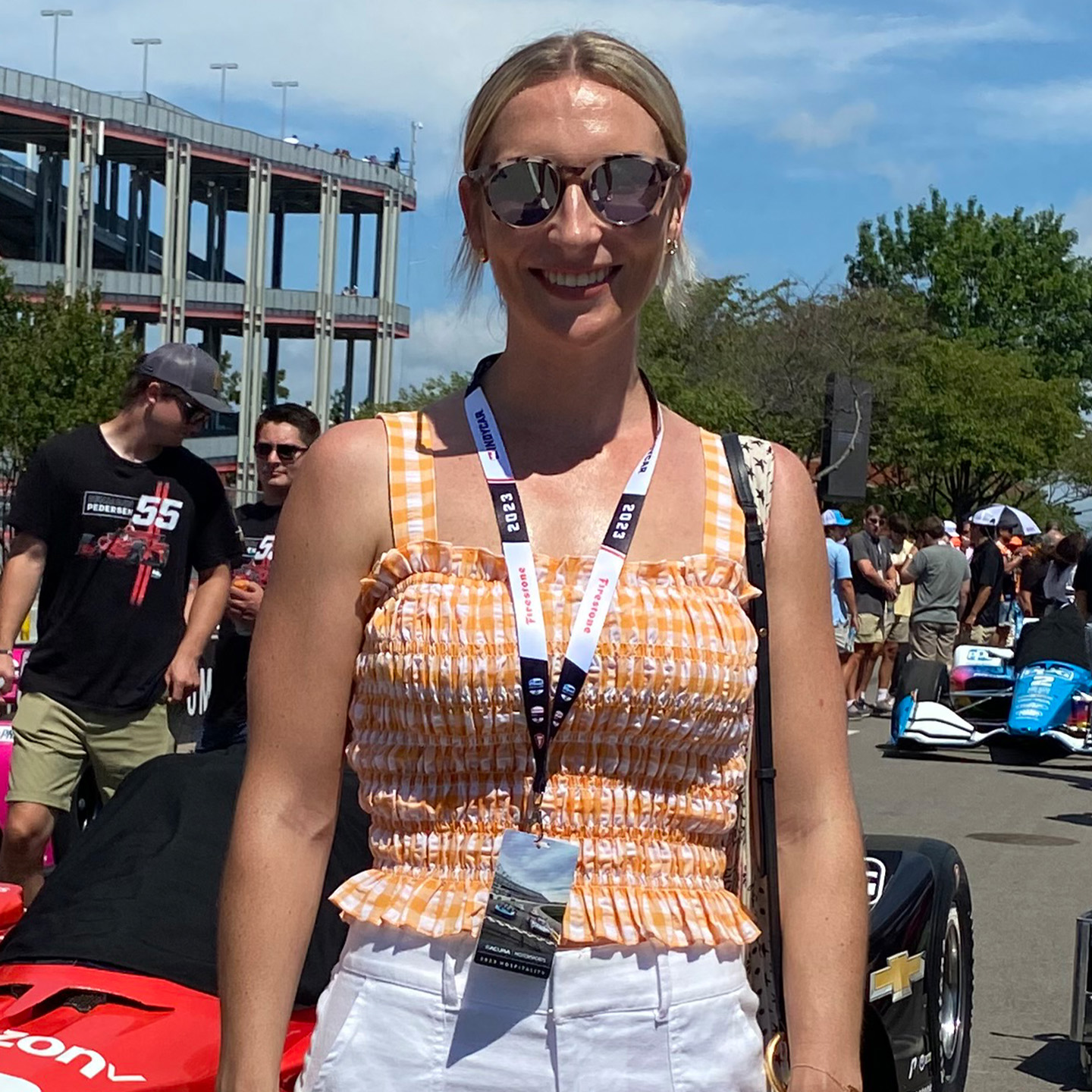
Freya Brolsma: a racing podcaster's journey from the Bulpadock to the F1 paddock

What is Lent?
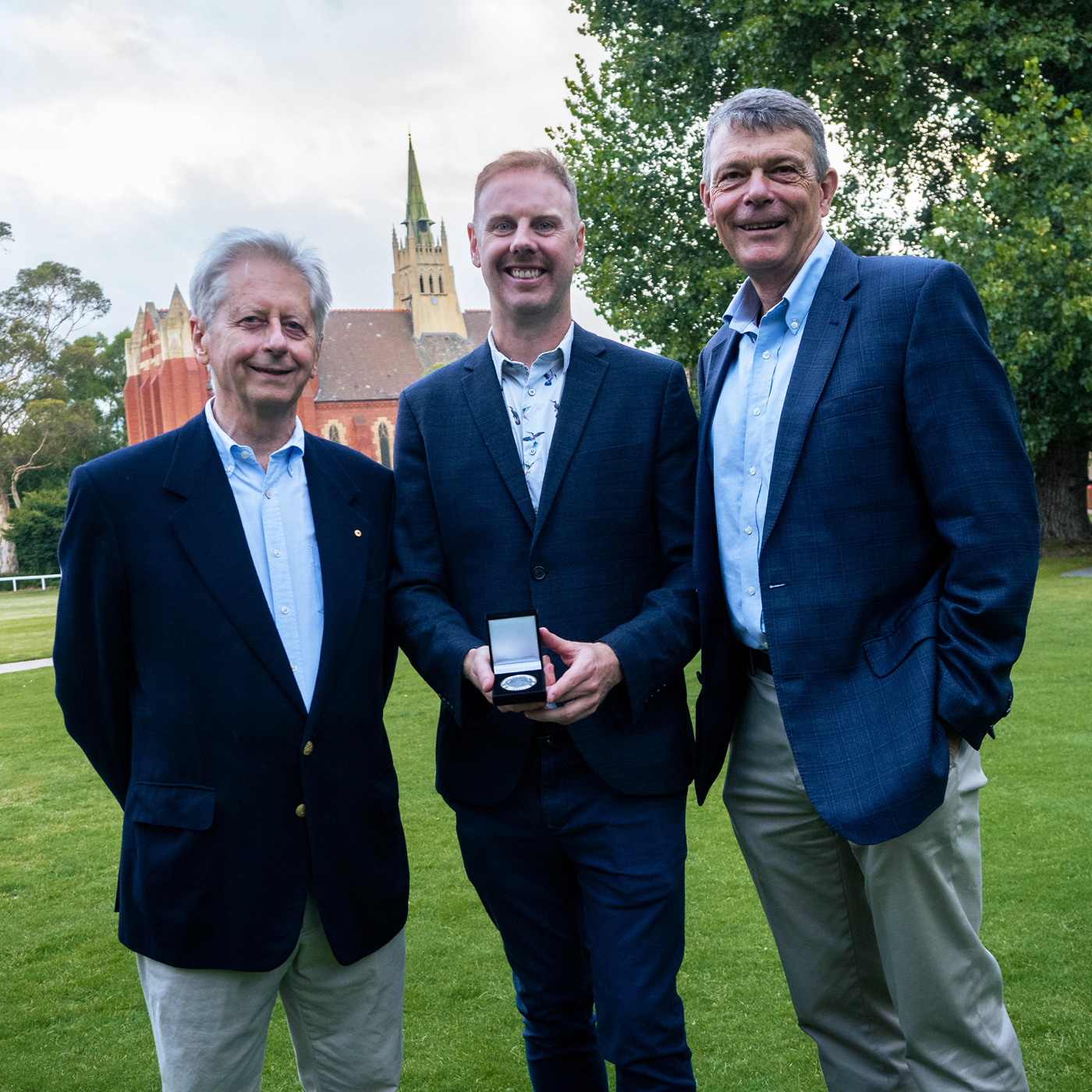
Trinity breaks with tradition to announce joint Alumni of the Year
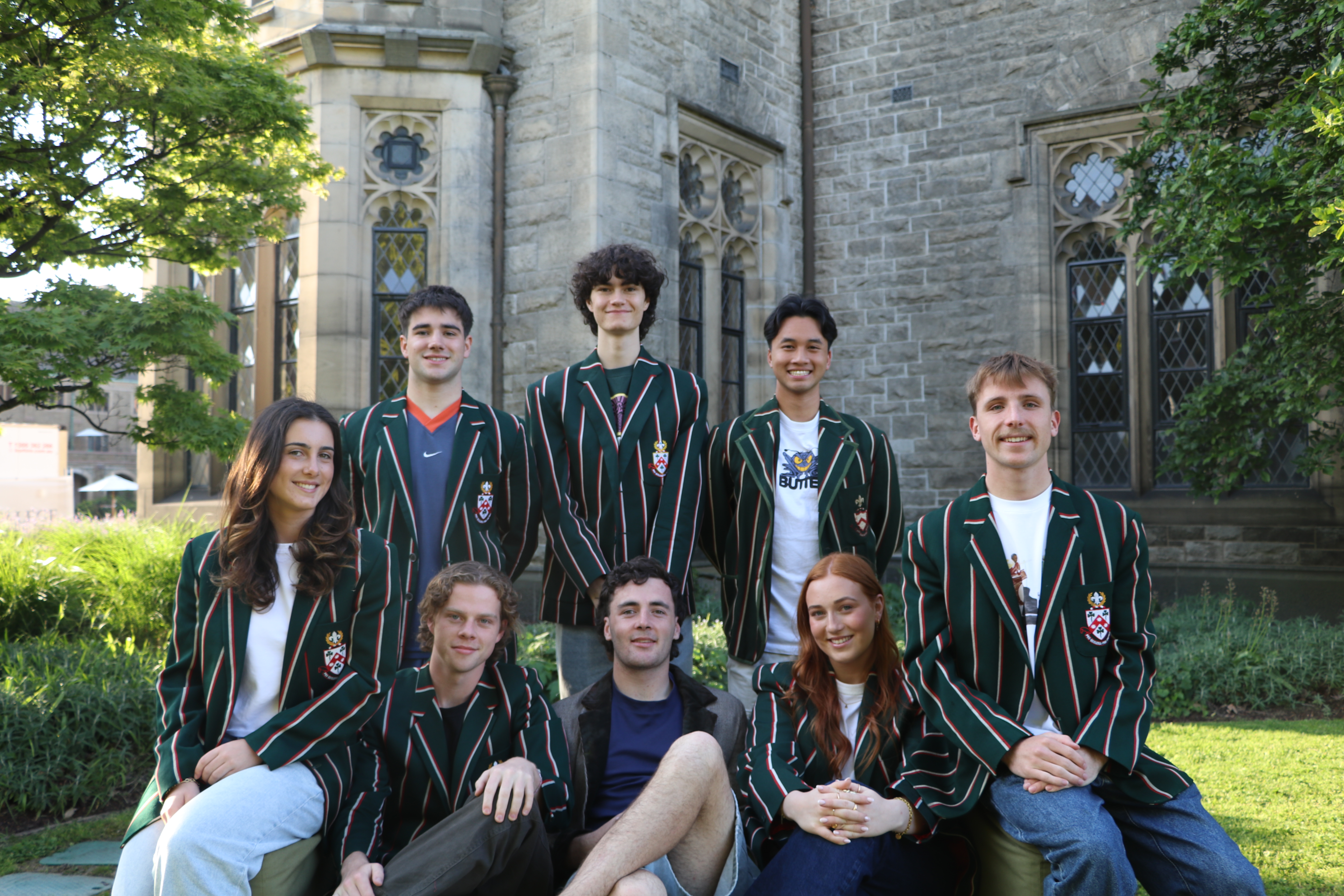
Meet our TCAC student committee for 2025

What is Trinity's Wine Cellar student committee?
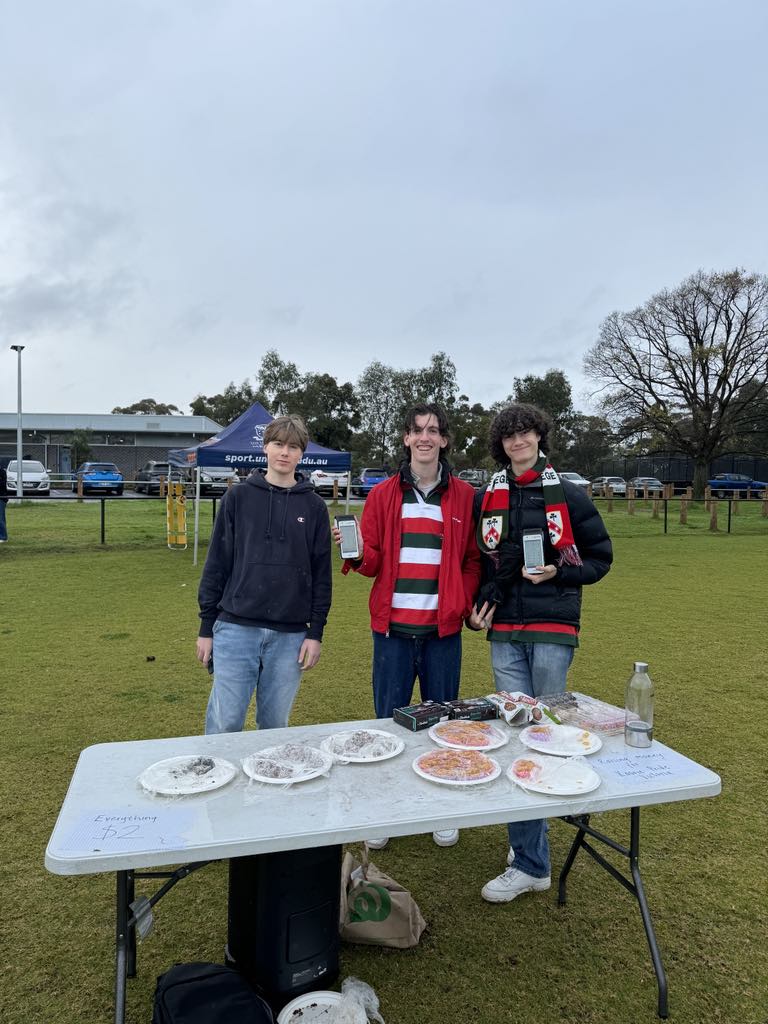
What does our Outreach Committee do?

Residential College student Ravin Desai shares his passion for politics and journey at Trinity
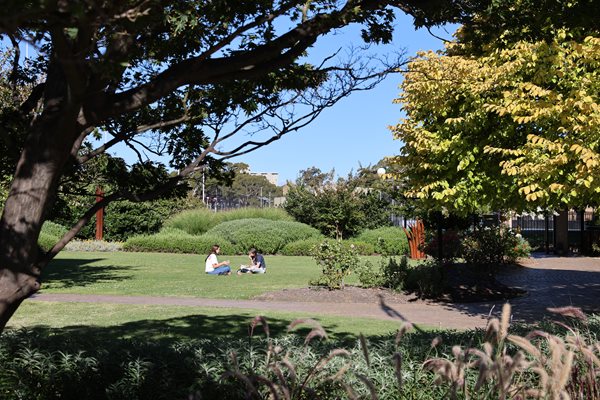
Learn about the Wellbeing and Inclusivity Committee at Trinity
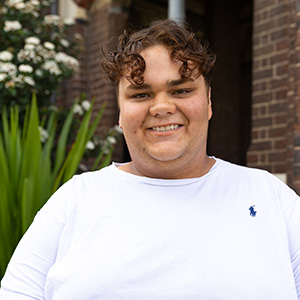
Elias Jarvis and Anisha Damaso on the value of Kumergaii Yulendji at Trinity College
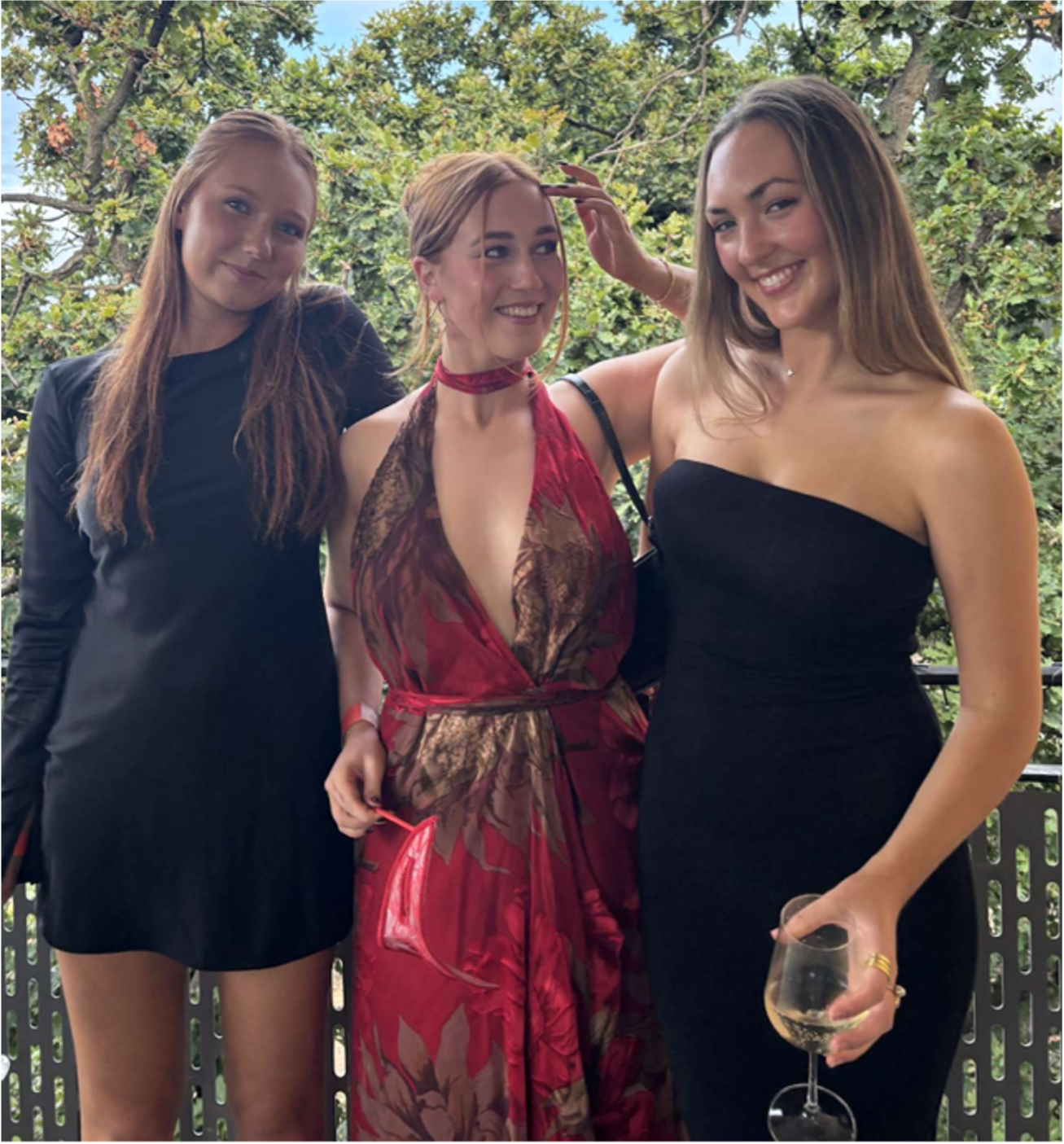
From Albury to Melbourne: Rosie Bradford's story
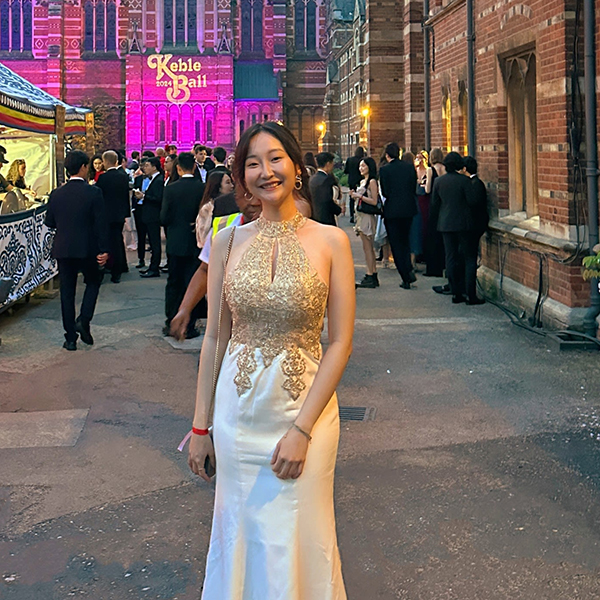
From Foundation Studies to the Residential College to Oxford: Xinran’s story
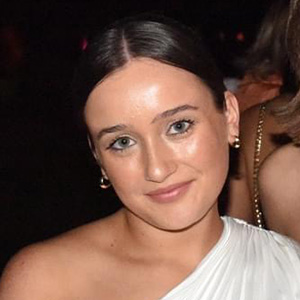
From the surf coast to Melbourne
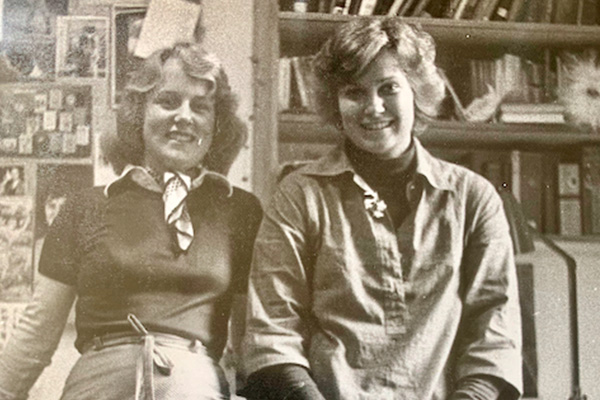
1974 vs 2024 for a woman at Trinity: what’s changed and what’s stayed the same?
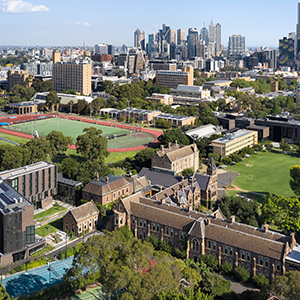
The best things to do in and around Parkville

Meet Trinity's aspiring art curator Seb Moore
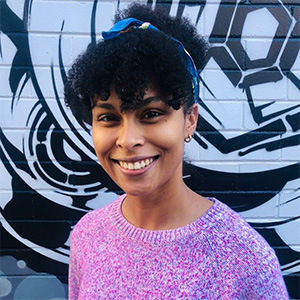
Meet Nakata Brophy prize winner Jasmin McGaughey
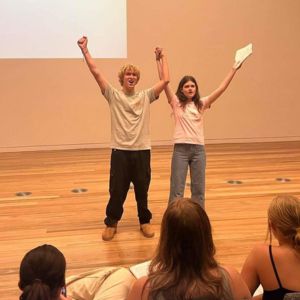
Book now – Heathers: The Musical
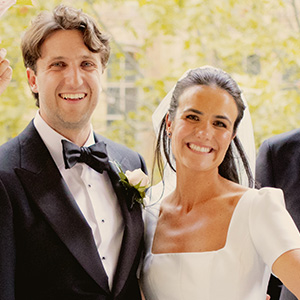
A love story for Valentine’s Day: Matt Hargreaves and Kirsten Callander
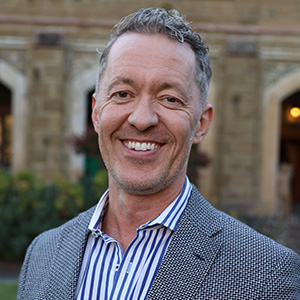
Announcing our 2024 Alum of the Year
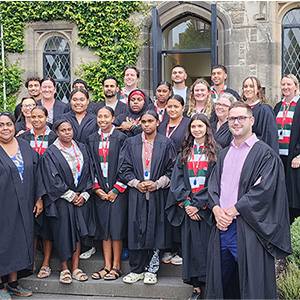
Trinity College Indigenous Summer Camp
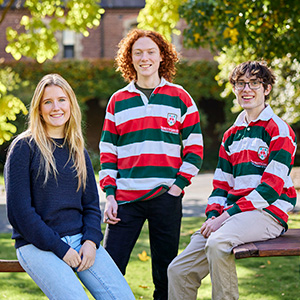
7 tips to prepare for a residential college interview
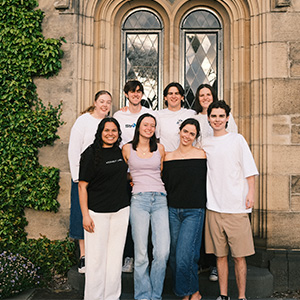
Introducing our TCAC for 2024
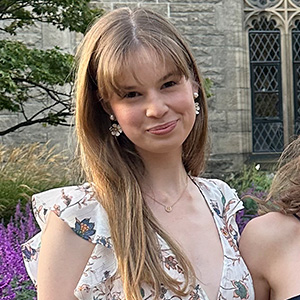
Moving to Trinity from overseas: Katie's story
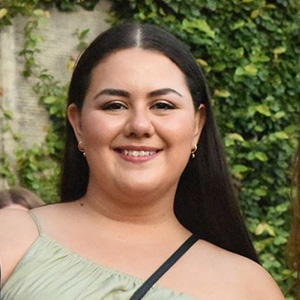
Moving from a regional area, stressing about your ATAR and worried you won’t know anyone? Read Hazel’s story.
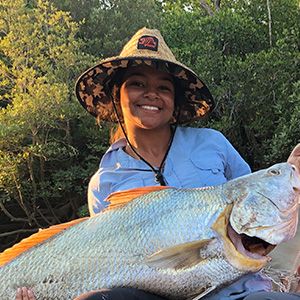
From Larrakia to Wurundjeri country: How Anisha is inspiring other Indigenous students to dream big
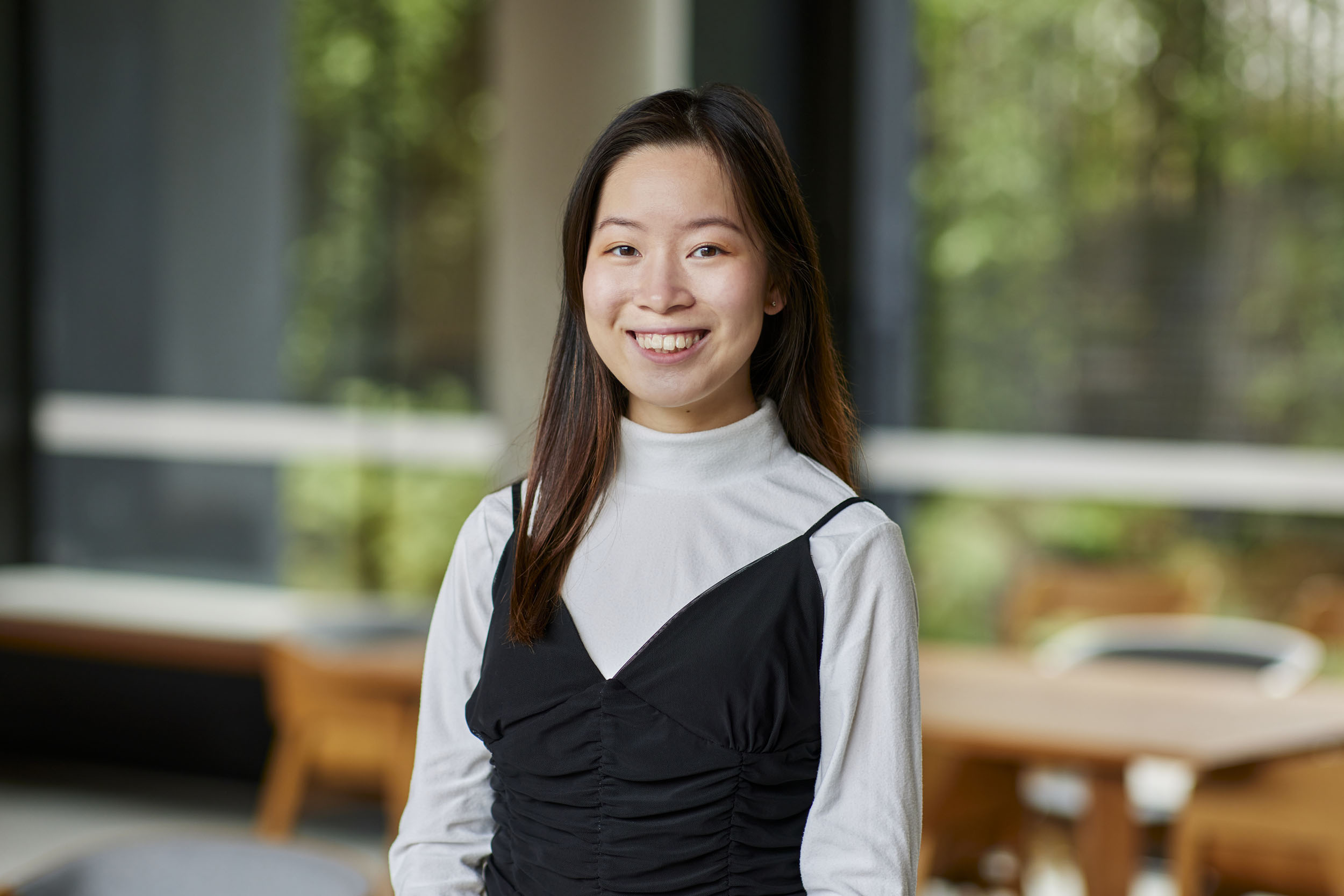
Meet Admissions Coordinator Wendy Ngaturi
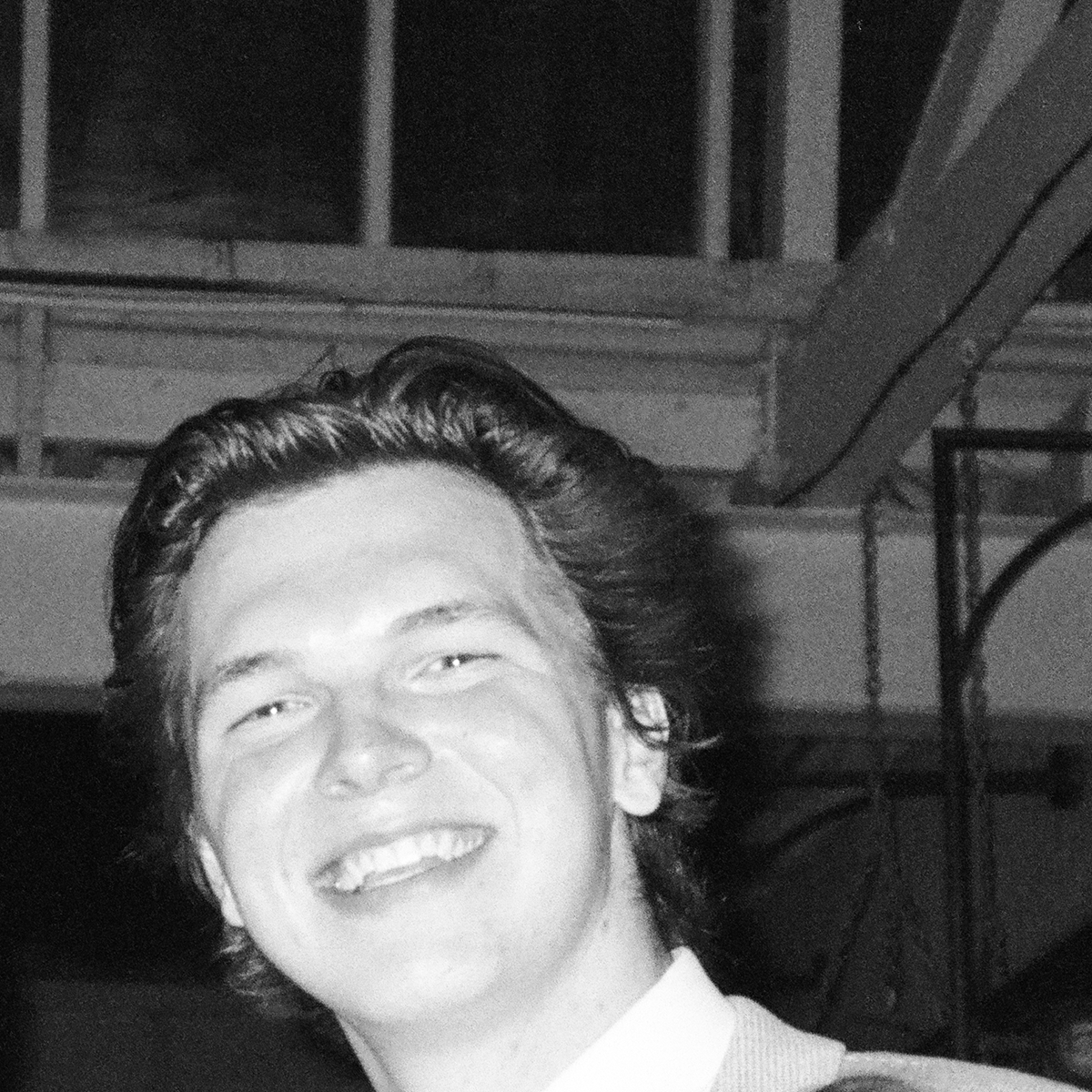
Hugo Jordan on why there's no 'best thing' about Trinity
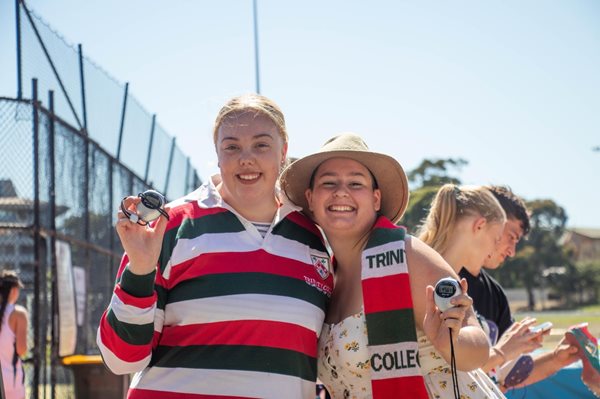
Kate Beggs’s journey from the Great Ocean Road to the heart of Melbourne city
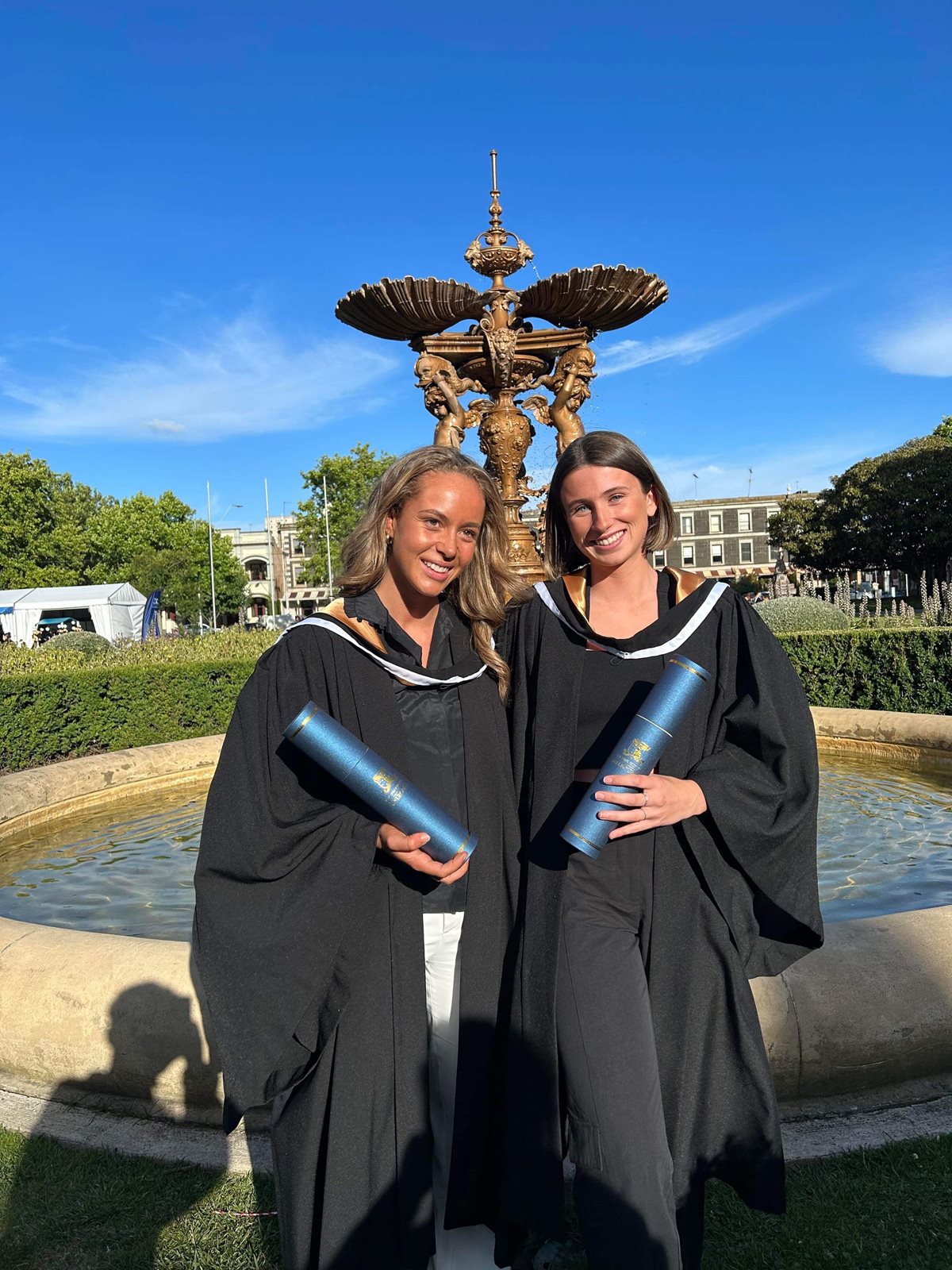
‘College is similar to boarding school, but with a fraction of the rules.’
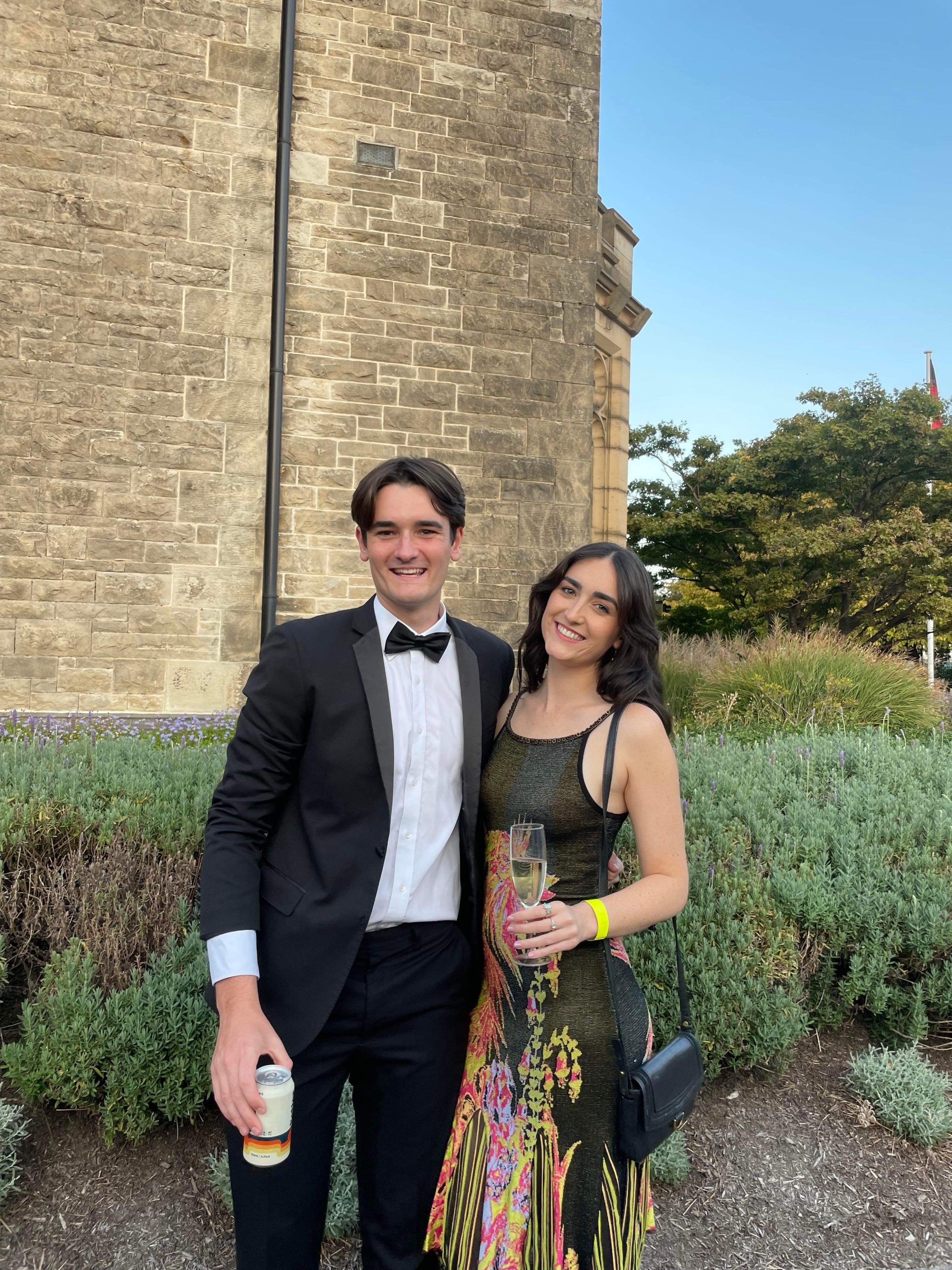
Freya Giles shares her experience of choosing and living at Trinity
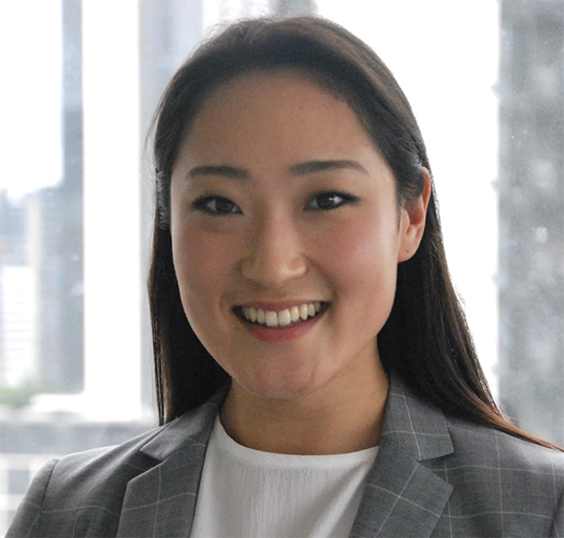
Former Perth student Tessa Moon shares her Melbourne college experience
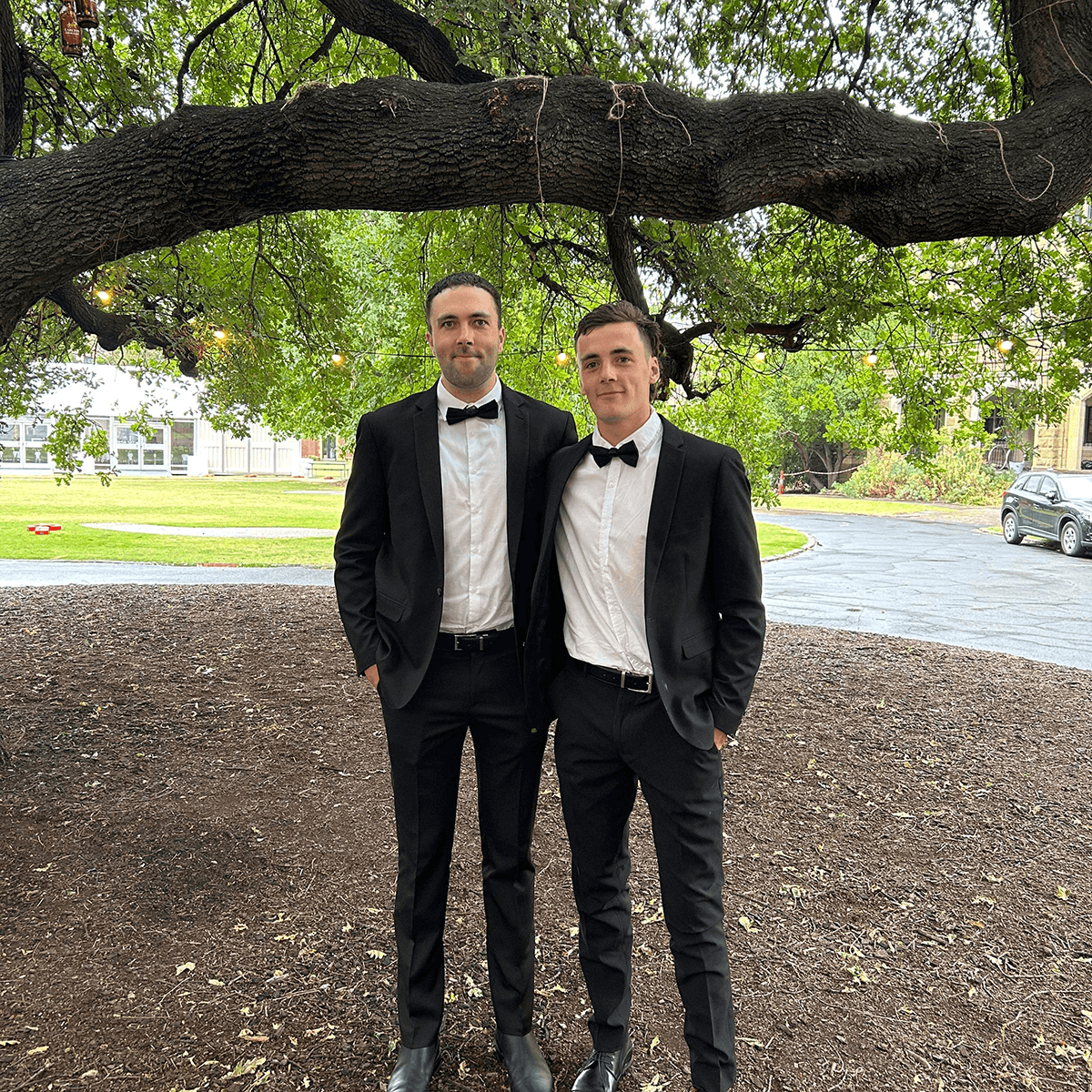.png?width=1200&height=1200&ext=.png)
Isaac Hucker, a proud Badimaya man, describes his journey towards choosing university and college life
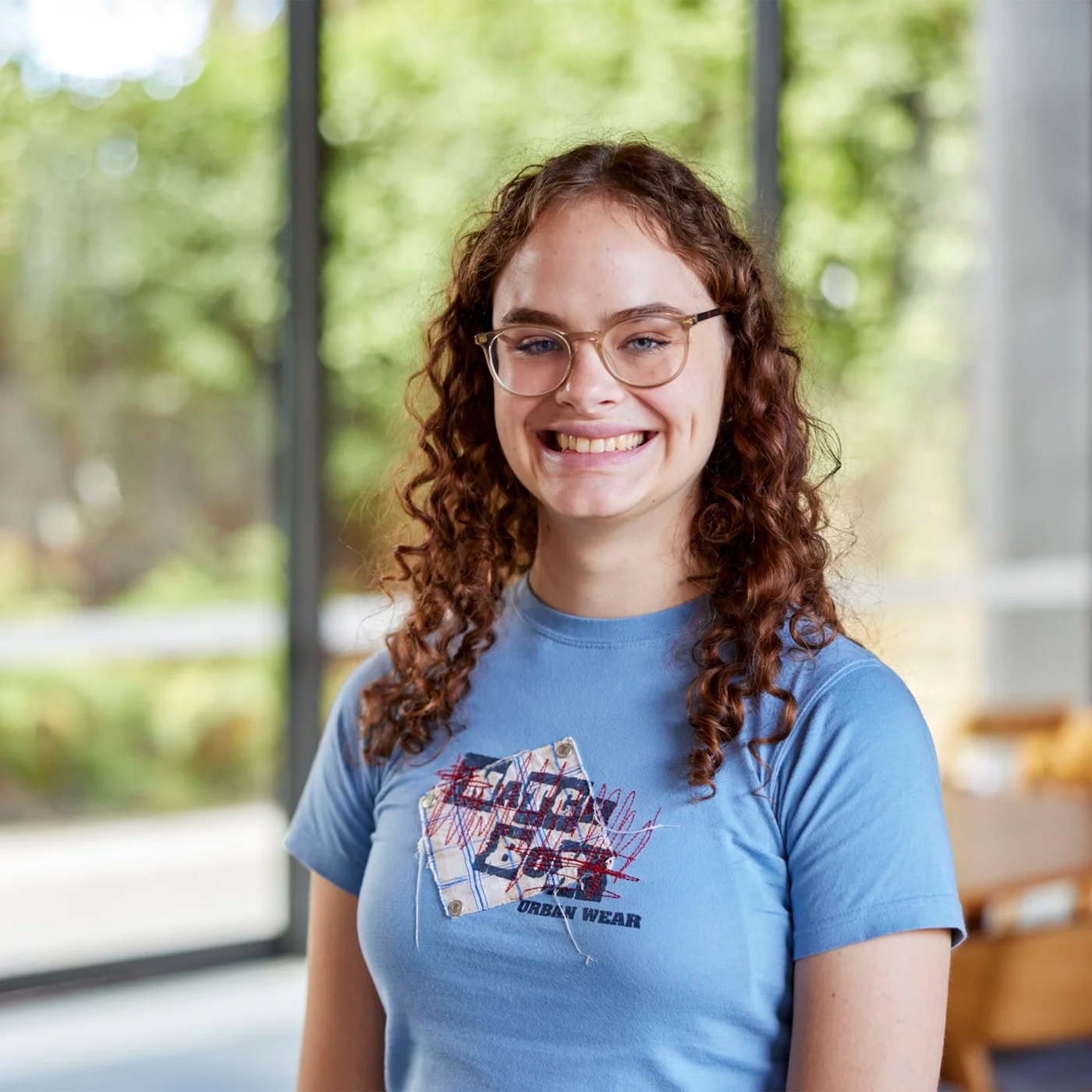
Mikayla Hand’s journey from Indooroopilly State High to studying at Australia’s top university
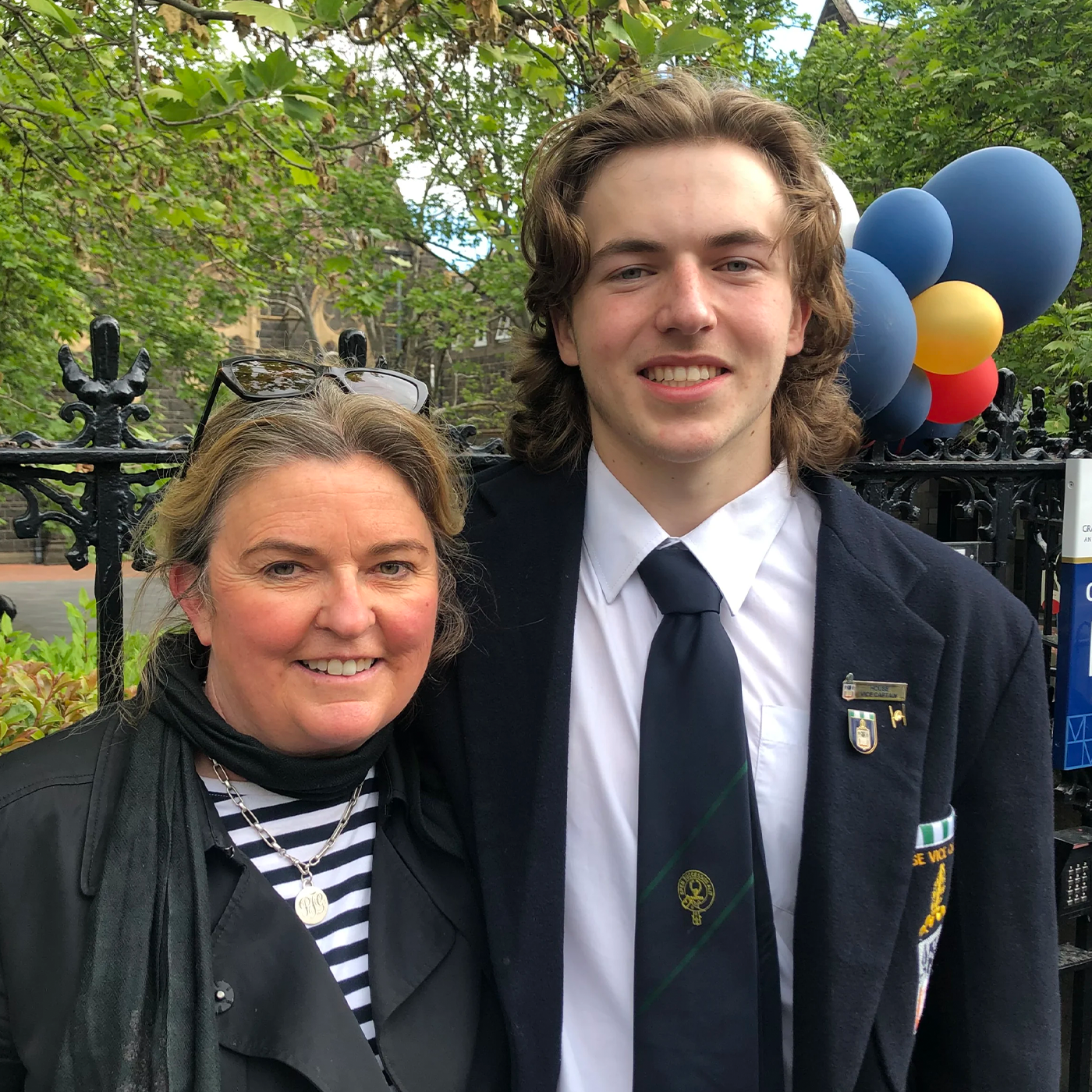
From farm life to Trinity College: Q&A with Fergus Guest
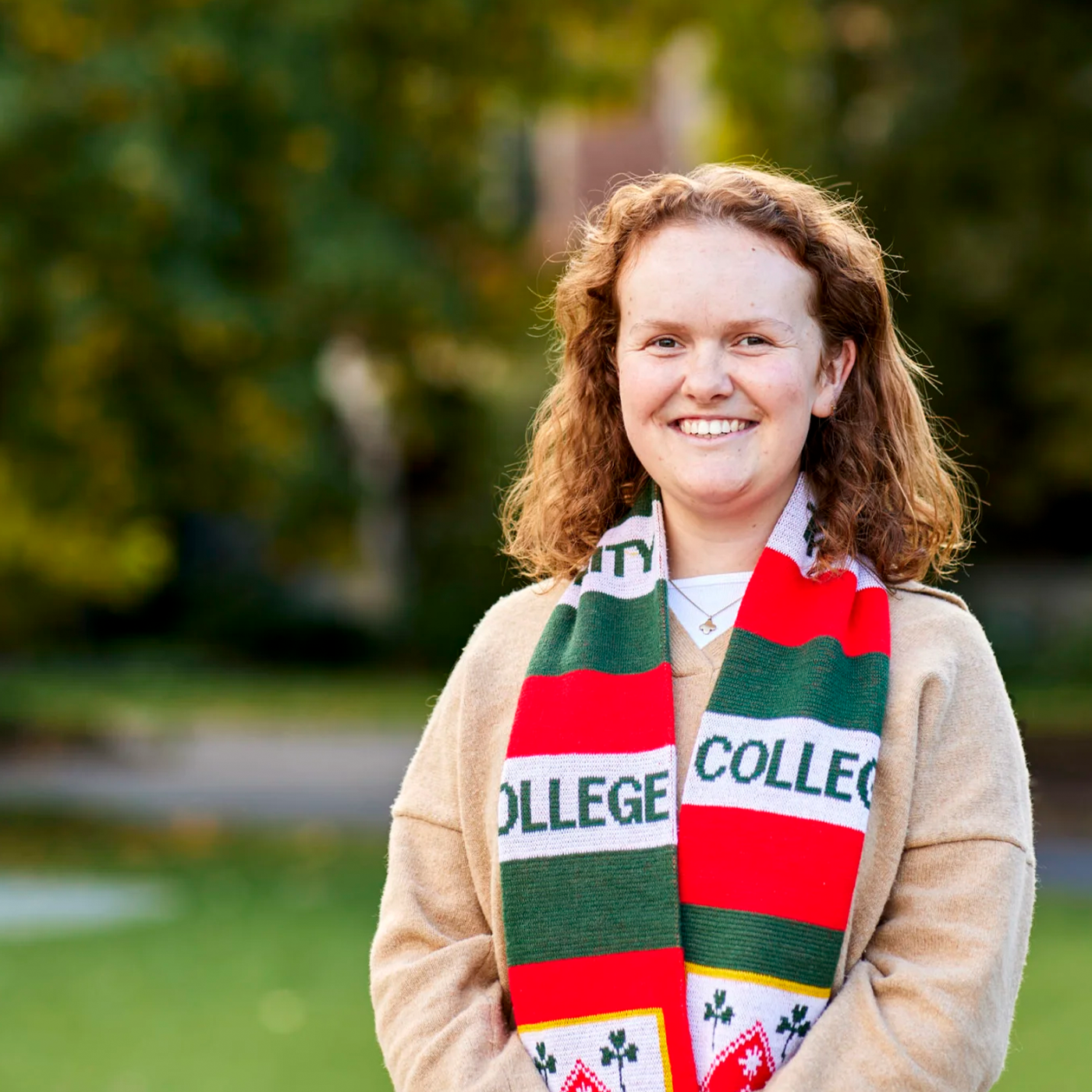
From country to city life: Why college is the complete package for Rosie
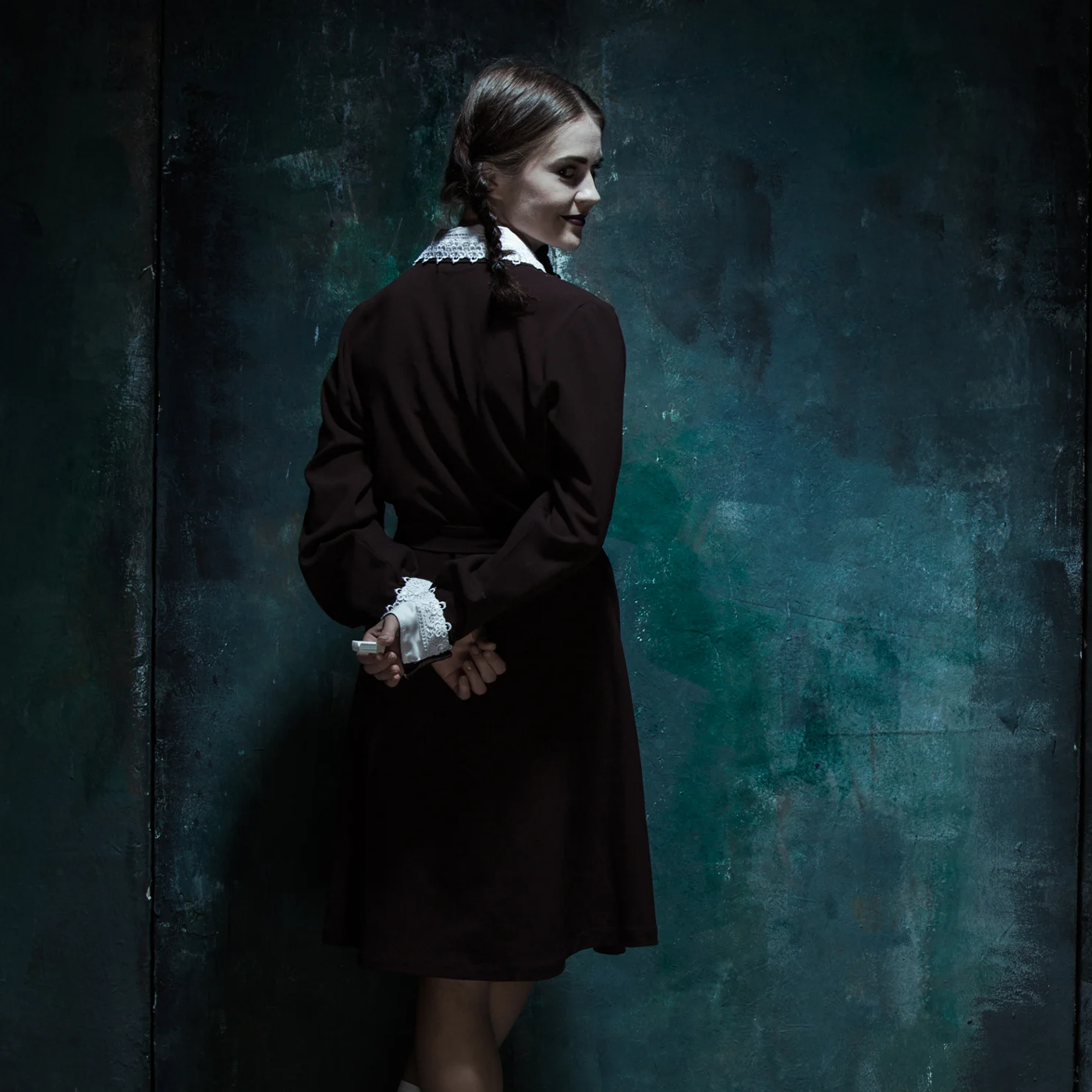
Book now: The Addams Family musical
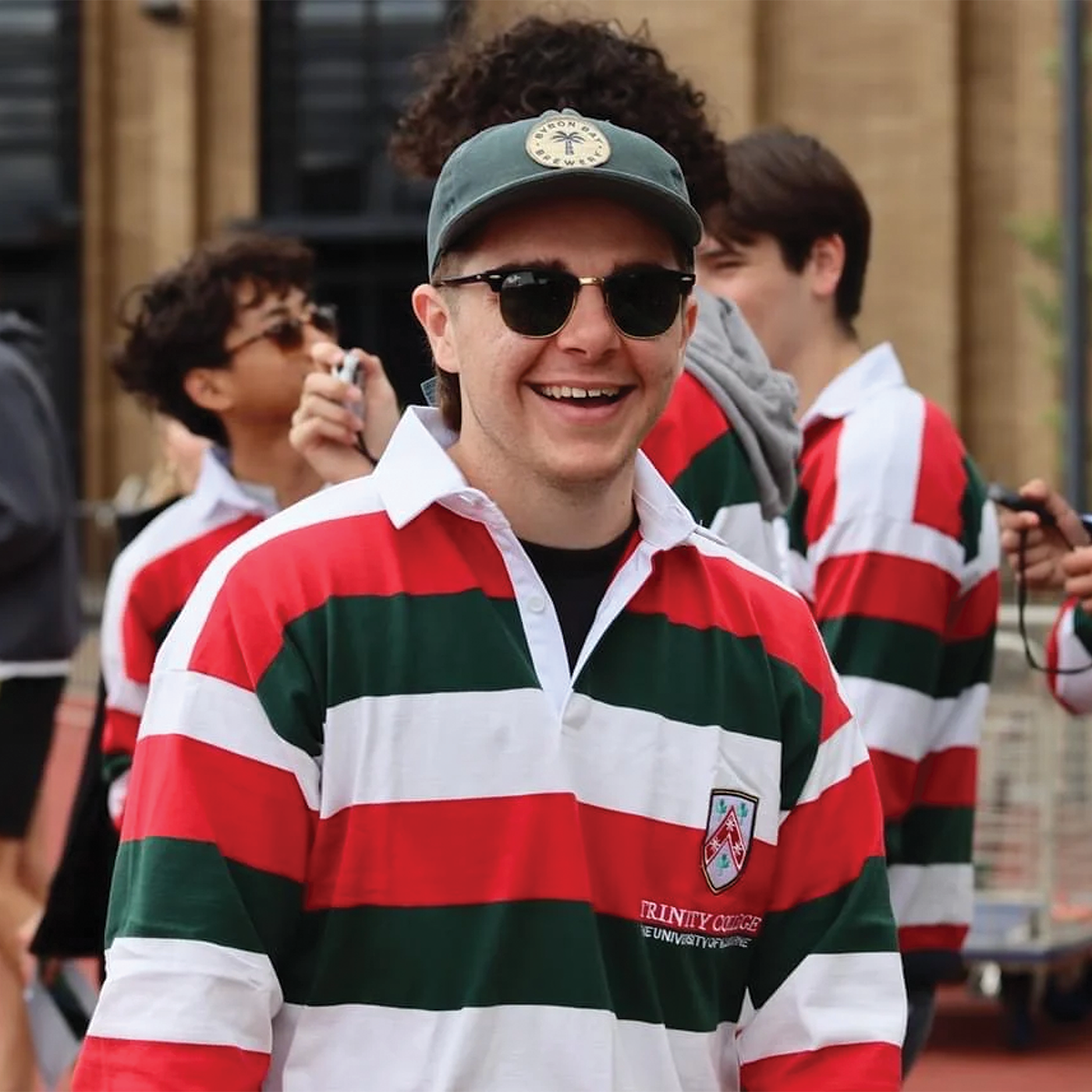
Peter Kalidonis on why making friends at uni is harder than you think
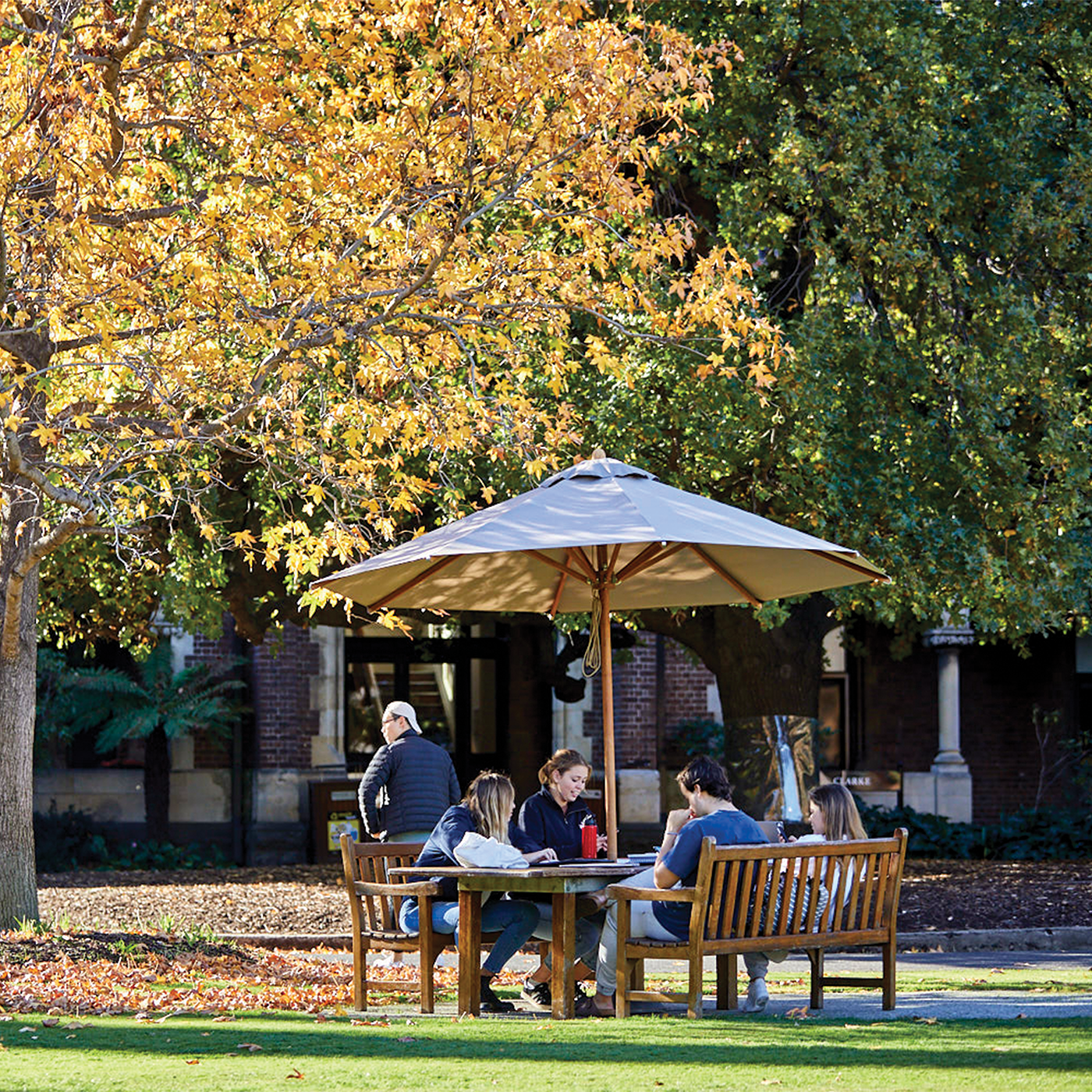
Residential college vs dorm in Australia: what's the difference?
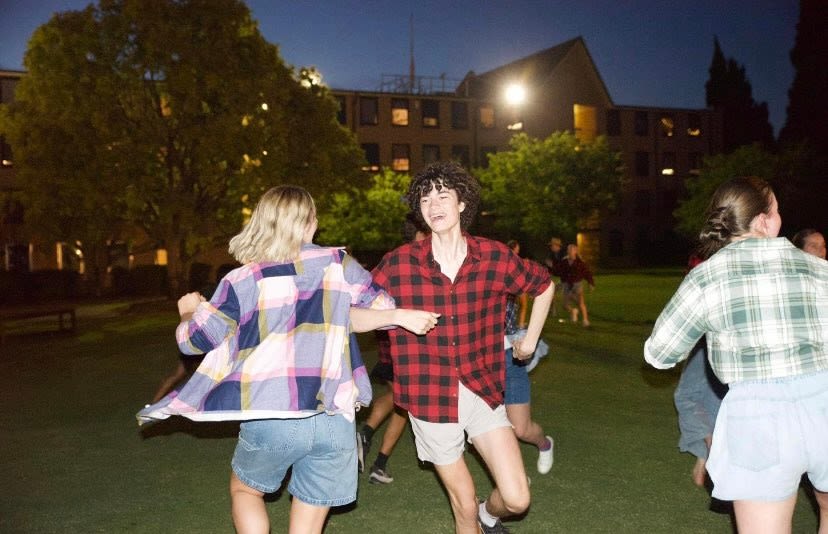
Sex and sexuality week: Kody shares his story of growing up gay in country Victoria
Trinity triumph in Men’s 1st VIII Rowing
-
News & Stories
- Our Theological School Student President's mission to champion a spiritual and welcoming environment
- Jack reaps the rewards after taking a leap of faith on Trinity College
- Trinity alum named in King's Birthday Honours 2025
- Trinity Deputy & Academic Dean appointed Fellow at Center of Theological Inquiry
- Meet Trinity's aspiring art curator Seb Moore
- Trinity College offers its congratulations to newly elected Archbishop of Melbourne, the Right Reve
- Events
- Art
- Music & Choir
- Campus Development Projects
- Visiting Scholars & Lectureships
- Accommodation for Visitors
- Short Programs
- Work at Trinity
